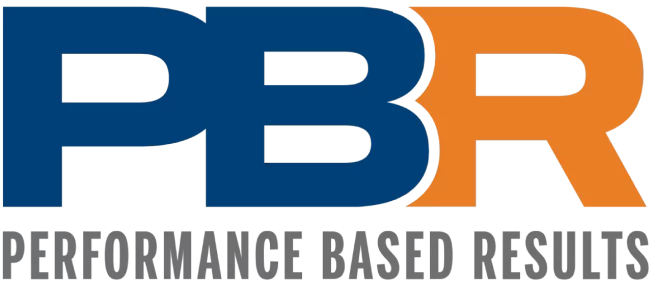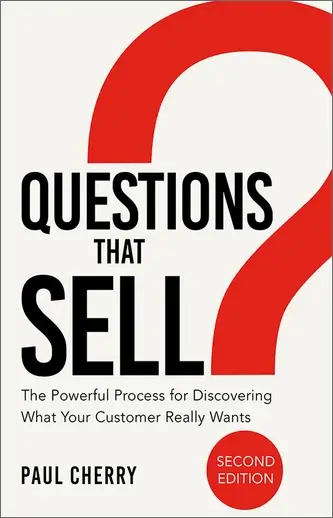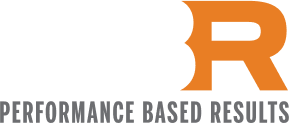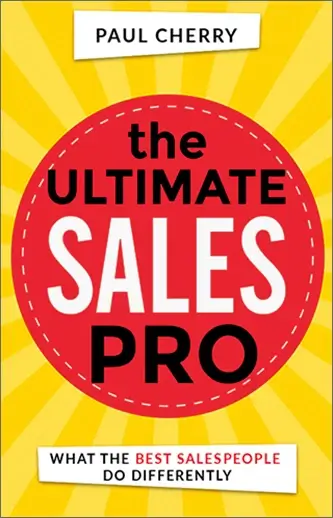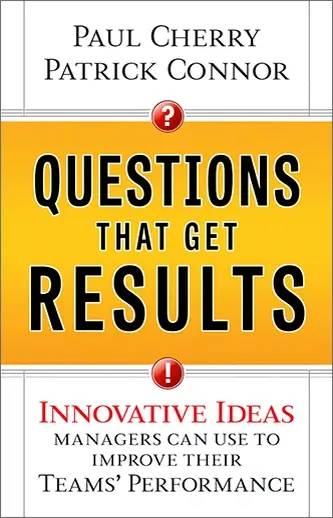Dear Paul,
Why is that too often prospects are congenial, open and interactive with me at the start, but once I respond to their needs with a quote, I get “radio silence” and things go dead. I leave voicemails and send emails but I get no response. What’s worse is when I finally do get through to those prospects, too often I hear, “We liked your quote…buuuuttttt…we decided to go with another vendor.”
While I hold back my frustration, I feel like blurting out, “You did what? Why didn’t you get back to me? I could have worked something out!”
Paul, how do I avoid situations that go cold, dead or worse, cost me the deal?
Signed,
Frustrated to No End
Dear Frustrated to No End,
Here’s what you have to do — quote the quote. What that means is before you email or physically send a quote to a prospect or customer, you’ve got to verbally present a draft. Run your ideas by your contact and explain what you want to present to them before you send it.
I’m sure you probably did a good job collecting information (specs, needs, timing, budget, etc.) and putting together a quote. As tempting as it is to prepare it and just get the quote off your desk, you should pick up the phone or email your prospect. Tell them:
- “I’m in the process of completing the quote (or proposal) and I have a few questions because I want to make sure what I am putting together is exactly on target.”
- “I’m in the process of finalizing, but it’s best I run this by you to make sure I have a good understanding before I send, submit, or present. When can I call you?”
They’ll most likely take your call. Your comments show respect and demonstrate you want to present something that is exactly what they want. Plus, you can further gauge their levels of interest, motivation, sincerity and desire to do business with you.
Here’s an example:
“This is what I came up with — I have 100 _____ that are tailored to X quality standard. We have two types of _____, the first one does X and the second one does Y. Which do you feel is better suited for you and your organization? Pricing would be $____ or $____. What’s your preference? Is that what you had in mind?”
Negotiate deliverables, quantity and pricing
The response will be either positive, negative or lukewarm, but this gives you the chance to flush out any hesitancy or objection now, not later. This is when you can negotiate deliverables, quantity, pricing, etc. by saying,
- “Ok, what if we could up the order by 50 and get you to your price level of X. How will that work for you? Terrific! So if I can get this to you in the next hour, how soon can you get a P.O. over to me?”
- “Delivery can be on this date. How does that sound? Need it sooner? Ok, what if we did X. How will that work? Ok, great!”
- “So, with this info, how will Bob react? What’s his thinking? What will he like? Where might you get some pushback? Ok, how are you going to respond? Excellent!”
The bottom line is – get an agreement before you submit a quote, not afterwards! You lock in their commitment and verbal agreement by getting a yes or as close to a yes as possible.
Personally, my typical quote can take an hour to a day to complete. Since I am going to invest time, I want to know that I will get a return for my efforts. The key is to remember you have power and control before you send the quote, not afterwards.
As soon as you press send (email) or overnight the proposal, you lose the power — it’s in their hands.
Close more sales with less effort
If you don’t follow this type of protocol, things will typically go quiet, sometimes too quiet. Your prospect told you they’d like the quote by Wednesday and they’ll make a decision by Friday, but Friday comes and goes without a peep from them. They won’t call you or return your emails. This is a time robber.
We think we are more efficient by rushing through and sending the quote when in reality, sometimes we have to slow things down and have that one final conversation before submitting. This additional step is often incredibly insightful as to whether you’ll close a deal and should prepare a quote or if, in reality, there’s little to no interest.
Best of all, getting an agreement upfront with the quote becomes a formality to closing the deal. The flipside is, you’ll get to the truth on whether they’re just using you as a price-check with their existing vendor or have some other hidden agenda.
